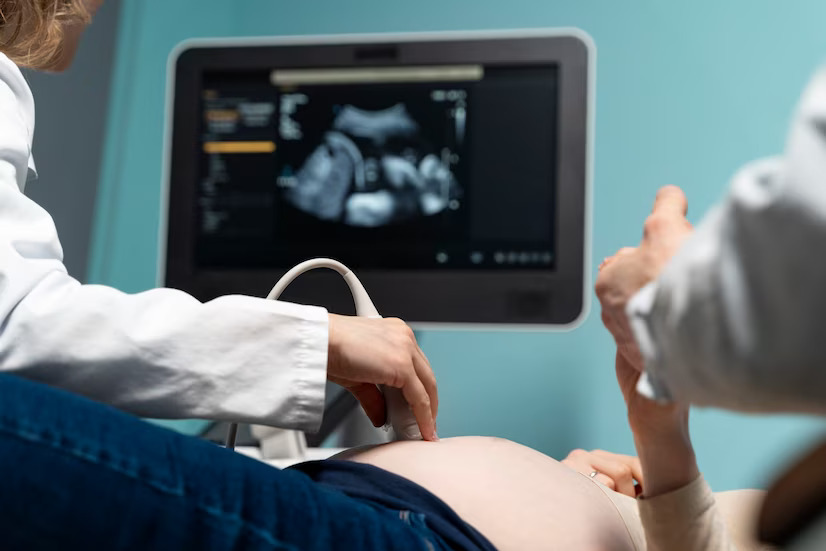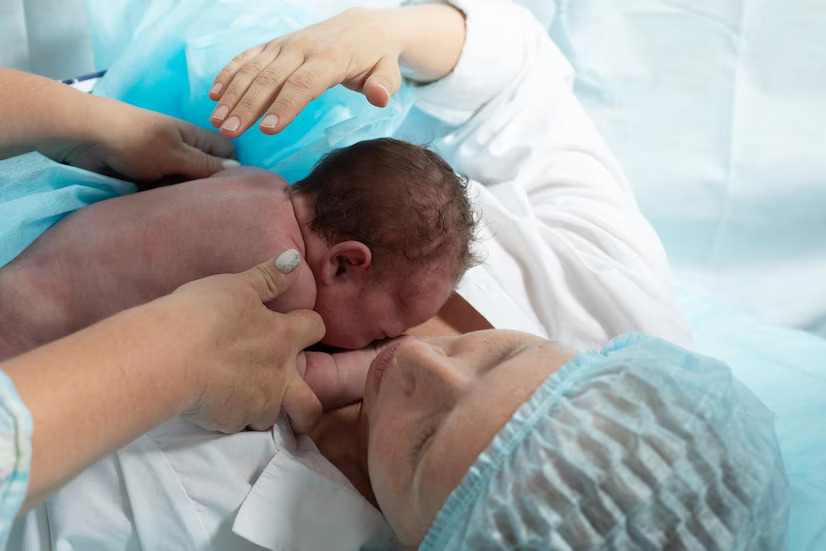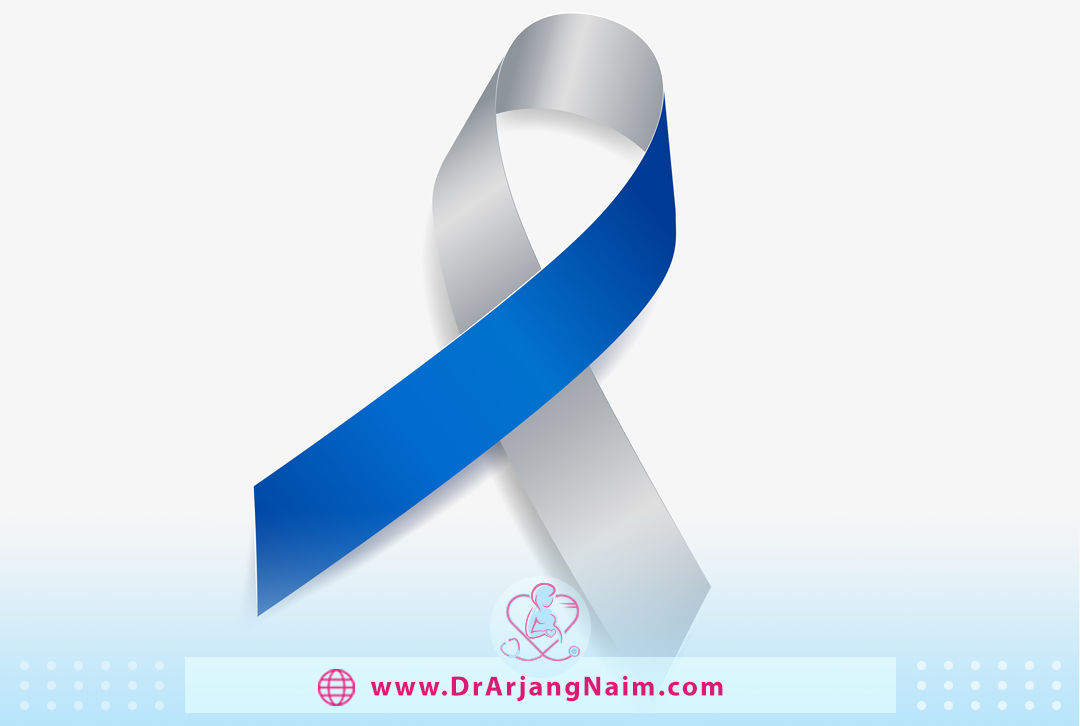What is the Prenatal Care and Pregnancy Service?
Prenatal Care and Pregnancy Service


What happens during prenatal care?
Pregnancy care includes a set of procedures in which a series of periodic examinations, tests, and Paraclinical examinations are performed, and the mother and those around her are trained.
This care aims to diagnose the danger’s symptoms, refer them for treatment in time, and prepare the mother for childbirth. Dr. Naim talks about the signs and concerns that are worrying you. He may order lab tests and ultrasounds, all done in the office.
How often do I need to have prenatal exams?
Most women need to visit once a month until the 28th week of pregnancy. After that, once a week until the 36th week of pregnancy. Women at high risk probably need to see a doctor more frequently.
What is a high-risk pregnancy?
Pregnancy is considered dangerous when the doctor determines the possibility of complications affecting the mother, child, or both. In such cases, the mother and fetus must be under the supervision of medical care to be fully controlled in case any problems occur.
Many factors cause high-risk pregnancies.
These factors include:
- Smoking
- Obesity
- Alcohol or drug use
- High blood pressure
- Gestational diabetes
- Alcohol or drug use
- Pregnant with more than one baby
- Having a history of miscarriages
- Uterine fibroids


What can do to stay healthy during pregnancy?
The most important steps are:
- See Dr. Naim for all your scheduled exams
- Having a healthy diet
- Do daily exercise
- Don’t drink alcohol
- Quit smoking
- Avoid using caffeine and drugs
Also, do not take any medicine without consulting Dr. Naim.
About Dr.Naim
Arjang Naim is an established and highly skilled physician with over 20 years of experience in obstetrics and gynecology.
He is the best ob-gyn in Los Angeles and surrounding communities. He has been practicing medicine since 2001 from two locations in Los Angeles, an office near Beverly Hills and Beverly center, and the other in Hollywood across from children’s hospitals and Hollywood Presbyterian Medical Center.
After obtaining his Bachelor’s degree from UCLA, he spent four years in New York City to study medicine at the prestigious Mount Sinai School of Medicine. His residency in OB/GYN was at Maimonides Medical Center, which happens to be one of the busiest hospitals in New York.
Dr. Naim’s services in Prenatal Care and Pregnancy
Dr. Naim is a leader in obstetrics care in the Los Angeles area. He provides full prenatal care and pregnancy care to help ensure the optimal health of mothers and their babies. Dr. Naim will be with you until the end of the journey, which will be the birth of your baby.

Why is prenatal care important?
Prenatal care is an important part of staying healthy during pregnancy. The doctor, nurse, or midwife will monitor the baby’s growth and perform routine tests to find and prevent potential problems. These regular checkups are also a great time to learn how to ease any discomfort and ask any other questions about your pregnancy and birth.
Prenatal Care
Prenatal care helps reduce risks during pregnancy and increases the chances of a safe and healthy delivery. Regular prenatal visits can help the doctor monitor the pregnancy and detect any problems or complications before they become serious.
Babies born to mothers who do not receive prenatal care are three times more likely to be born with low birth weight. Low birth weight babies are five times more likely to die than babies whose mothers received prenatal care.

Prenatal care ideally starts at least three months before you start trying to conceive. Some of the healthy habits that must be observed in this period are:
- Quitting smoking and drinking alcohol
- Taking folic acid supplements daily (400 to 800 micrograms)
- Talk to your doctor about medical conditions, nutritional supplements, and any over-the-counter or prescription medications you take
- Avoid any contact with toxic substances and chemicals at home or work that can be harmful
During Pregnancy
Once you become pregnant, you should schedule regular healthcare appointments at each stage of your pregnancy. The schedule of visits includes the following:
- Every month in the first six months
- Every two weeks in the seventh and eighth months
- Every week during the ninth month

During the visits, the doctor checks the health of the mother and the fetus. Visits may include:
- Taking routine tests and screenings
- Monitoring blood pressure
- Measuring weight gain
- Monitoring the baby’s growth and heart rate
- Talking about special diet and exercise
Postpartum Care
While most attention to prenatal care is focused on the nine months of pregnancy, postpartum care is also essential. The postpartum period lasts six to eight weeks and begins immediately after the baby’s birth. During this period, the mother experiences many physical and mental changes while learning to care for her baby. Postpartum care includes proper rest, nutrition, and vaginal care.

Did you know?
Pregnancy due dates are only an estimate.
The delivery date is calculated from the first day of the last menstrual period. Usually, 40 weeks pass after that date. Childbirth can occur at any time between weeks 37 and 42. Due dates are estimates only. Providers consider a pregnancy to be full-term after 37 weeks. So, keep in mind that you may deliver your baby before or after the due date.
When you go to the doctor for an ultrasound, you may be told that your due date has changed. If the fetus is larger than expected based on your due date, your provider may adjust your due date by a few days. Be done sooner. This is completely normal.When you go to the doctor for an ultrasound, you may be told that your due date has changed. If the fetus is larger than expected based on your due date, your provider may adjust your due date by a few days sooner. This is completely normal.
Customer reviews
Frequently Asked Questions
A fetus is a human before birth between the embryonic stage and birth. The embryonic stage lasts from the beginning of the ninth week after conception until about 38 weeks after conception, which is the average time of birth. The embryonic stage lasts about 30 weeks in total.
- Risk assessment
- Health promotion and education
- Therapeutic intervention
Folic acid may be the most important vitamin, especially in early pregnancy. Although folic acid is found in most leafy and green foods, it is difficult to get the full amount needed. Folic acid helps in the healthy development of the neural tube and prevents neural tube defects.
Zinc intake during pregnancy helps reduce preterm birth, but does not prevent other problems such as low birth weight babies. Many women of reproductive age may have mild to moderate zinc deficiency. Low zinc concentration may cause premature labor or even prolonged labor.
Iron intake is very important in the last ten weeks of pregnancy, as this is when the baby begins to build up its iron stores for the first six months of life.
- 8631 West 3rd Street, Suite 444E, Los Angeles, CA 90048
- +1 (310) 652-8141
Book Online
- 326 North Vermont Ave Suite A Los Angeles , CA 90004
- +1(323) 913-3377
Articles

Postpartum depression (PPD)

What is Fetal Alcohol Syndrome (FAS)?

What causes a breech pregnancy?




